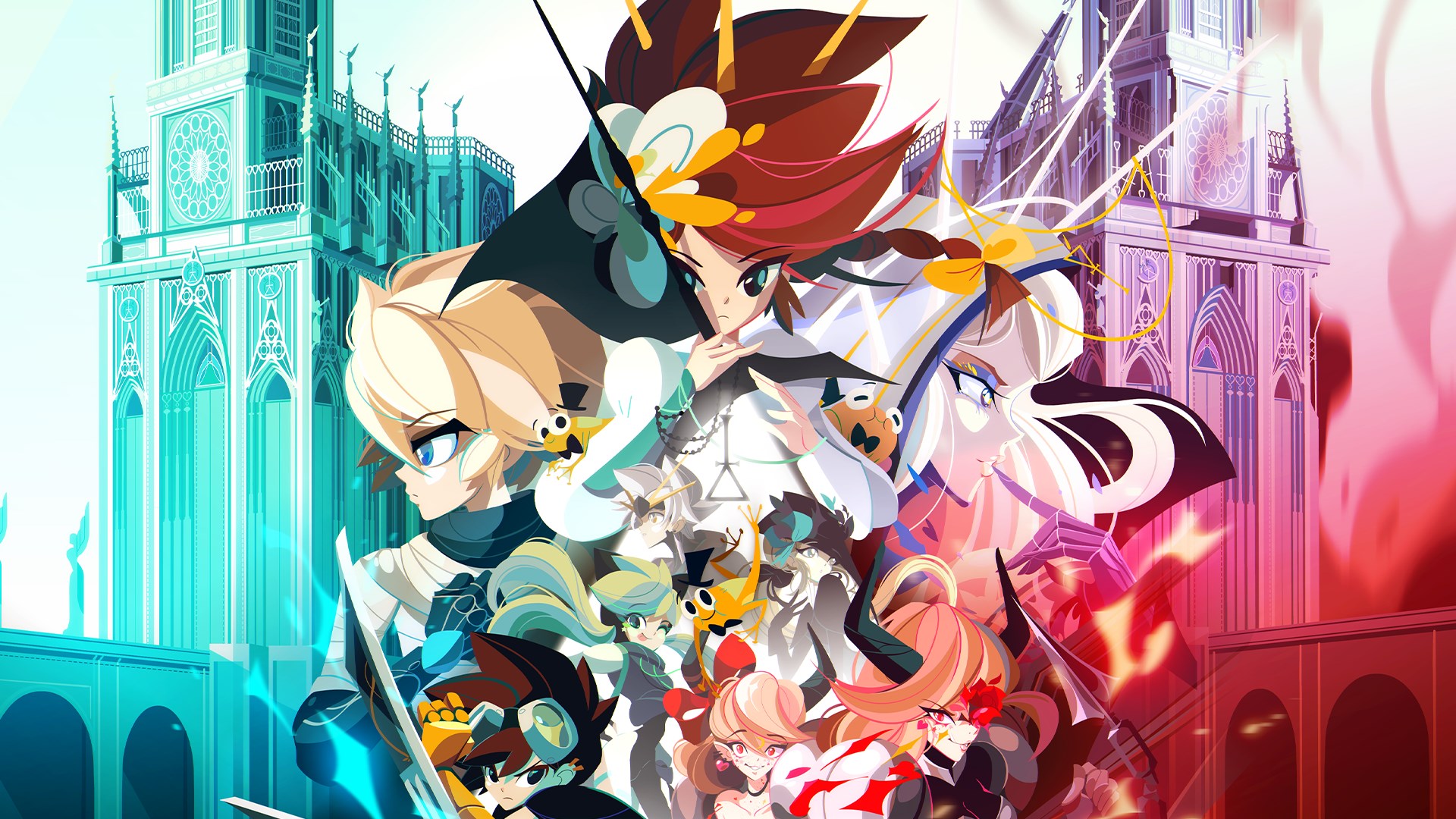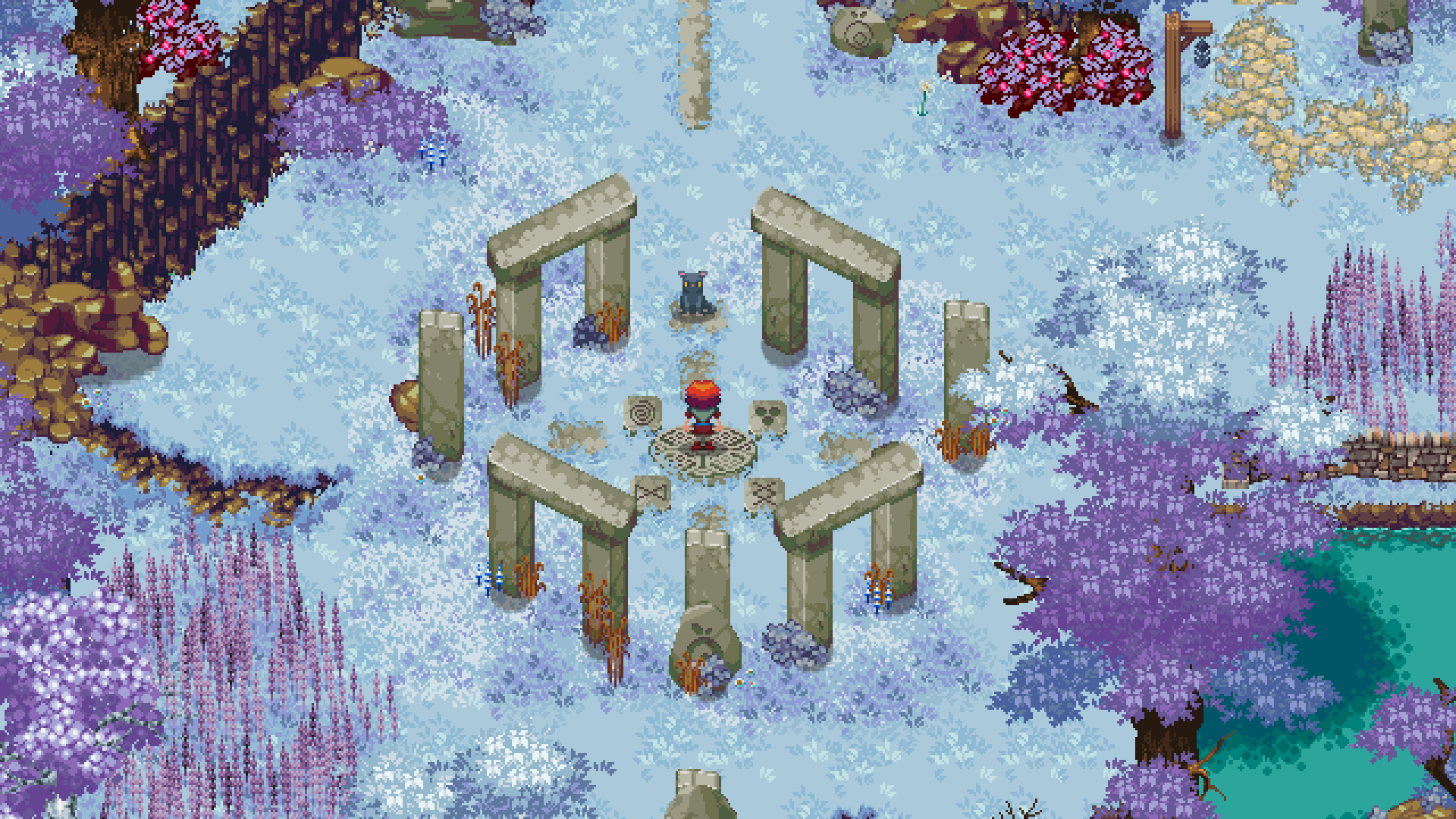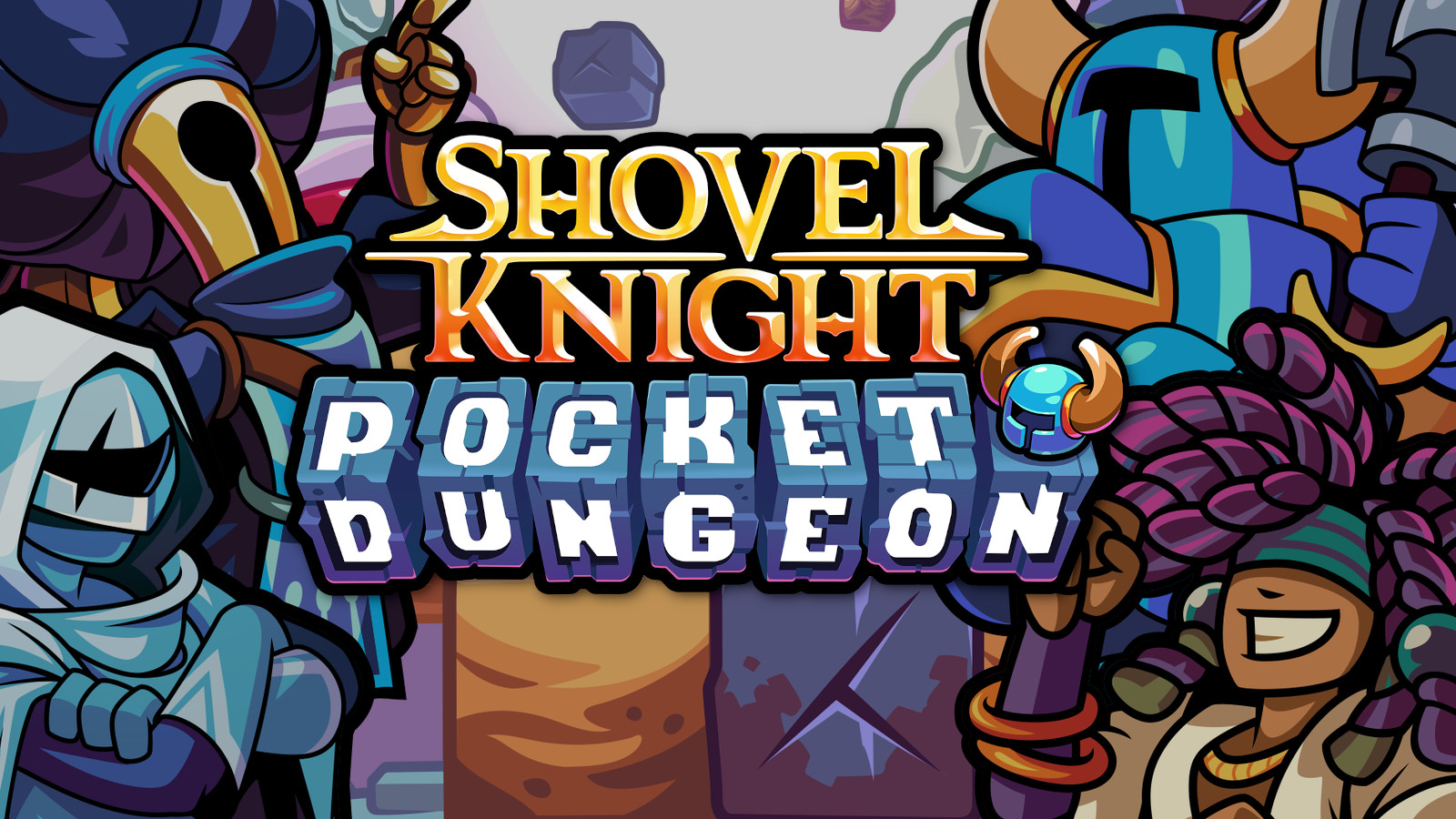Share
While I try to play a little bit of everything, shooters and platformers are my favorite genres. Both are certainly umbrellas for many subgenres, and those subgenres often boil down further to distinct archetypes. Platformers are especially guilty of working within the same archetypal tropes. While this is reductive, the majority of platformers that I play or see get buzz are those which rely on foundations laid by one or several of the following: Super Mario Bros, Mega Man, Donkey Kong Country, Ninja Gaiden, or any other similarly influential 80s or 90s series. Again, I’m being reductive here.
But, by and large, I feel like I can fit most top-tier platformers into these buckets, or at least see where these influences come into play. Even the absolute best platformers to come out of the indie scene – Cyber Shadow and Shovel Knight being two of my favorites – tend to pay homage to what came before. There’s nothing wrong with that. I love Mario, Mega Man, Donkey Kong, and Ninja Gaiden! Pulling concepts from these games often results in really compelling, polished experiences. Plus, considering that these nostalgic masterpieces are among the most iconic games of all-time, it’s no great surprise that their impact is still felt in 2022.

Every once in a while though, a platformer slips through the goalposts with design DNA that can’t really be traced back anywhere, at least not anywhere that I’m familiar with. Such is the case with Ynglet (even though it’s apparently inspired in part by Ecco the Dolphin in a circumspect way), a bite-sized adventure from Nifflas and Triple Topping Games. But, the title is less of an “adventure” and more of an exploration of atypical design. It’s the sort of game that’s hard to discuss because it isn’t tethered to the touchstones that I mentioned prior. Ynglet really is its own beast, and absolutely one of the best games of 2021 which would’ve slipped under my radar, had it not been for a friend’s recommendation.
Irregular Excellence
Ynglet lacks pretty much every touchstone that your average platformer has. There is no jump button, and as the game’s official website points out, there are no platforms. The title is played from what I interpreted to be a top-down perspective, but Ynglet doesn’t understand space in a linear fashion, nor does it care to. I don’t even think that Ynglet cares whether or not I understood what the hell I was doing (I didn’t) while playing. But, all of this is why Ynglet is so curiously designed.
The experience is very simple and very intuitive. You guide what is described as a jellyfish-like creature through increasingly complex stages comprised of what appear to be bubbles, bumpers, and ziplines. The levels are linear yet they feel anything but. I think the closest point of reference might be Super Mario Galaxy. The design philosophy that Nintendo employed in Galaxy, keeping the game systemically restrained to facilitate mind-bending albeit accessible stages, is an idea that segues nicely into Ynglet.

While I never quite knew where I was going, Nifflas never overloaded me with complicated mechanics. Aside from a mid-air time-slowing dash, there weren’t many other ideas thrown at me. I was able to focus on gaining my space legs, and an appreciation for how Ynglet moves. The game ebbs and flows so well, inviting the player to take leaps of faith while experimenting with how the various platforming obstacles interact with the character. The experience is rather physics-driven in this regard.
What took this game even higher for me were the vibes. The visuals are absolutely otherworldly but simultaneously inviting, a contradictory identity which pairs nicely with the underlying design philosophy. The geography is odd and the colors are wonderful. Ynglet operates as an abstraction that still maintains its own sense of inverted reality. This, paired with its self-proclaimed “custom (and needlessly complicated) music software” forms a delightfully peculiar world worth dipping into for an evening. And when I say an evening I mean it: according to Steam, it took me just over an hour to complete Ynglet. It’s extremely short… definitely too short, in my opinion. However, the experience does work at this scale, as a rush of contained, inventive design that stands as a counterpoint to most of its platforming peers. I truly value its uniqueness.
SO GO PLAY YNGLET!




